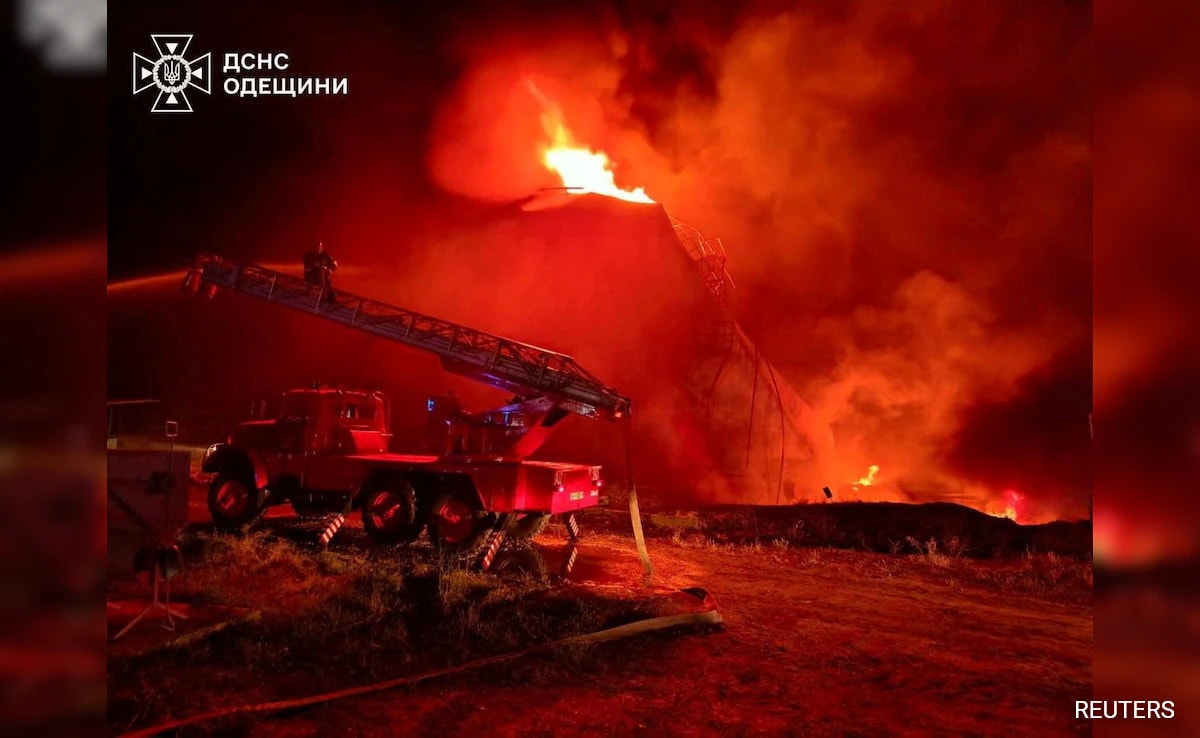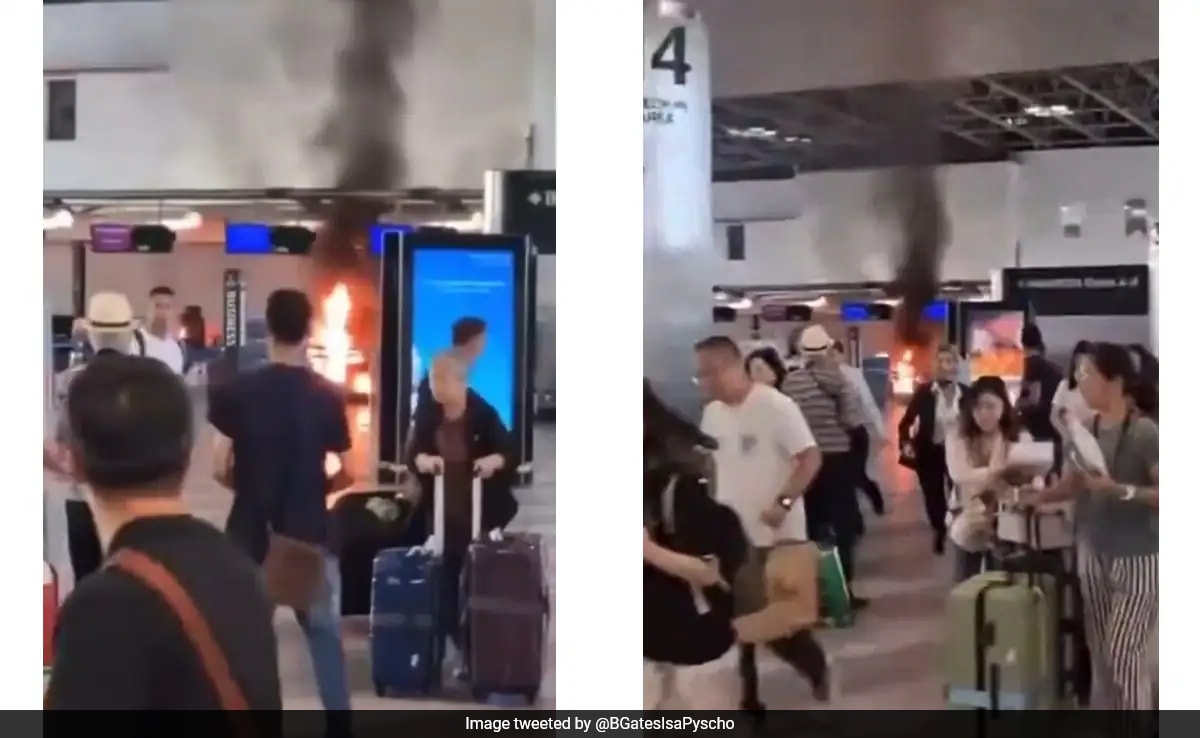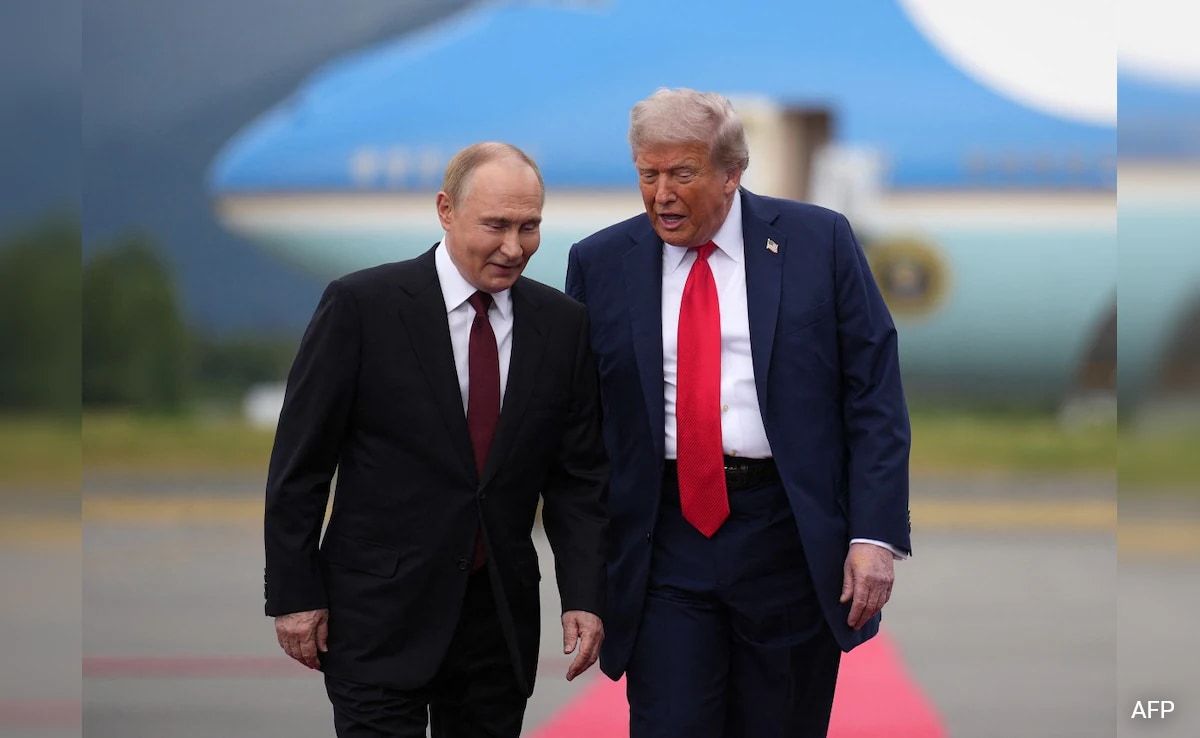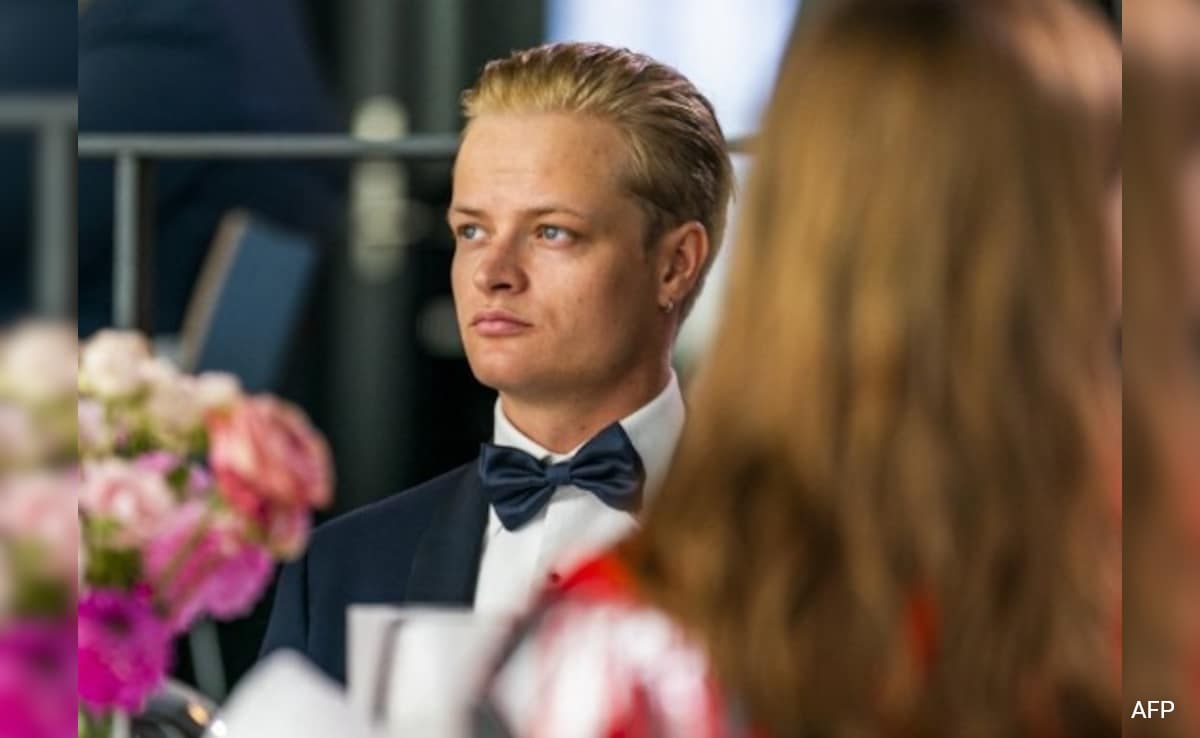Shigalturina said her 83-year-old grandmother âdied right away after catching it. She wasnât vaccinated.â
When Russia last year became the first country to launch a coronavirus vaccine, called Sputnik V, it was hailed as a matter of national pride and a sign of its scientific know-how. But since the free immunization program began in December 2020, only about a third of the countryâs 146 million people have gotten fully vaccinated.
The low vaccine acceptance is of increasing concern as Russia suffers a sharp rise in cases, setting records for infections and deaths nearly every day this month. On Thursday, the national coronavirus task force reported 1,036 deaths and more than 36,000 new infections over the past 24 hours.
âI canât understand whatâs going on,â President Vladimir Putin said, a rare admission of bewilderment from the steely leader. âWe have a reliable and efficient vaccine. The vaccine really reduces the risks of illness, grave complications and death.â
At Nizhny Novgorodâs Infectious Hospital No. 23, where the seriously ill patients lie in wards with little space between their beds, Dr. Natalia Soloshenko is battered by the onslaught.
âI can tell you that out of every 50 admitted, only one or two of them are vaccinated,â the chief doctor told The Associated Press. âThe whole ICU is full of highly critical patients; all of those patients are unvaccinated.â
âTo be honest, weâre not even outraged anymore; we just feel sorry for these people,â she said.
Nina Pugacheva is still in the hospital, but is one of the lucky ones â she is recovering.
âTell everyone to get vaccinated,â she said.
Soloshenko said widespread misinformation appears to be driving the vaccine hesitancy.
âItâs a very sensitive issue, a burning issue for all health care workers. We read whatâs on social media and see the most negative information coming from the citizens of our country regarding vaccination,â she said.
Many Russians are suspicious of vaccines as a whole because of a distrust of authorities dating to the Soviet era. With Sputnik V, there was widespread concern that it was approved for use before the completion of full clinical trials.
Some critics also have blamed conflicting signals from authorities. While extolling Sputnik V and three other domestic vaccines, state-controlled media often criticized Western-made shots, a message that many saw as feeding doubts about vaccines in general.
The vaccination rate in the Nizhny Novgorod region, about 400 kilometers (250 miles) east of Moscow, is 44% higher than the national average, but it is seeing a high death rate. The coronavirus task force reported 40 new deaths in the past day â about twice the death rate recorded in Moscow.
As deaths spiked, regional Gov. Gleb Nikitin said new measures would be taken to curb the spread of the infections, but they havenât been announced yet.
Putin on Wednesday ordered Russians to stay away from work from Oct. 30 to Nov. 7, a period that includes a four-day national holiday.
Moscow and St. Petersburg, the two most populous Russian cities and the countryâs key political, business and cultural centers, have gone further, announcing new restrictions following months of inaction.
In Moscow, gyms, cinemas, entertainment venues and most stores are to be closed from Oct. 28 to Nov. 7; and restaurants will be open only for takeout or delivery.
The authorities in St. Petersburg on Monday introduced digital codes for proving vaccination that must be shown beginning Nov. 1 to enter conferences and sports events. Starting on Nov. 15, those codes will be required at movies, theaters, museums and gyms, and on Dec. 1 they will be mandatory at restaurants, cafes and some stores.
A similar code system was tried in Moscow over the summer but was abandoned after a few weeks amid complaints from restaurant owners about tanking revenue.
___
Associated Press writers Vladimir Isachenkov and Jim Heintz in Moscow contributed.
ââ
Follow APâs pandemic coverage at https://apnews.com/hub/coronavirus-pandemic
.png)











 English (United States) ·
English (United States) ·  Turkish (Turkey) ·
Turkish (Turkey) ·